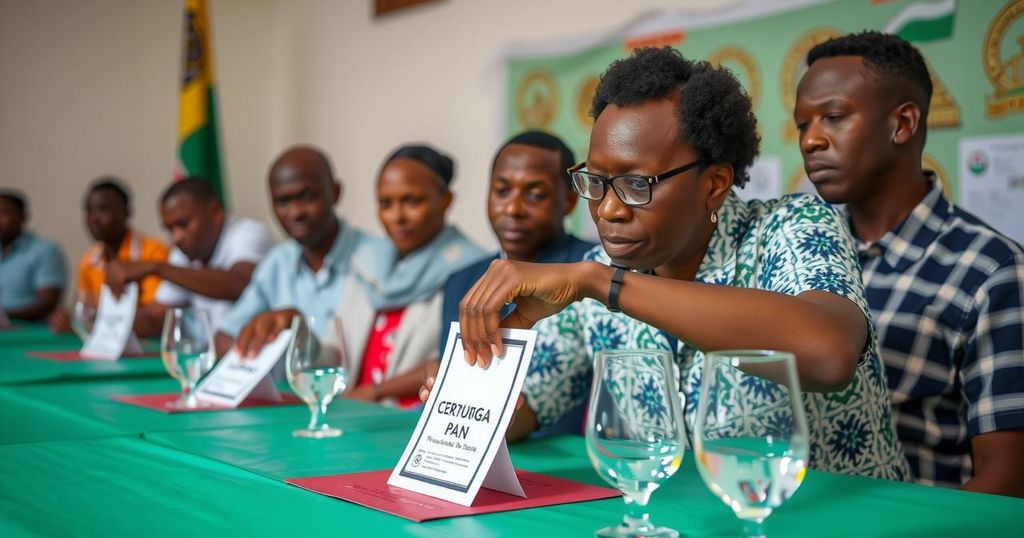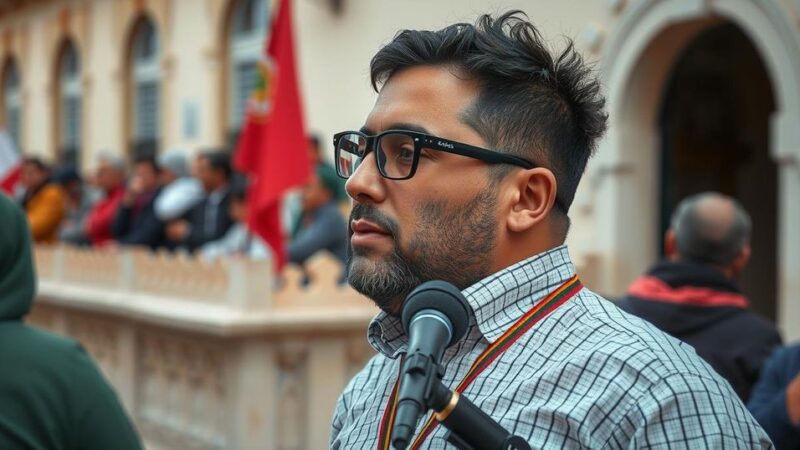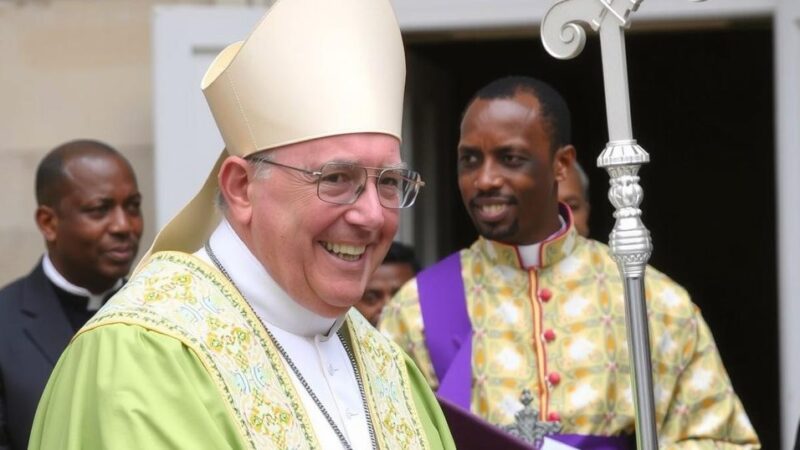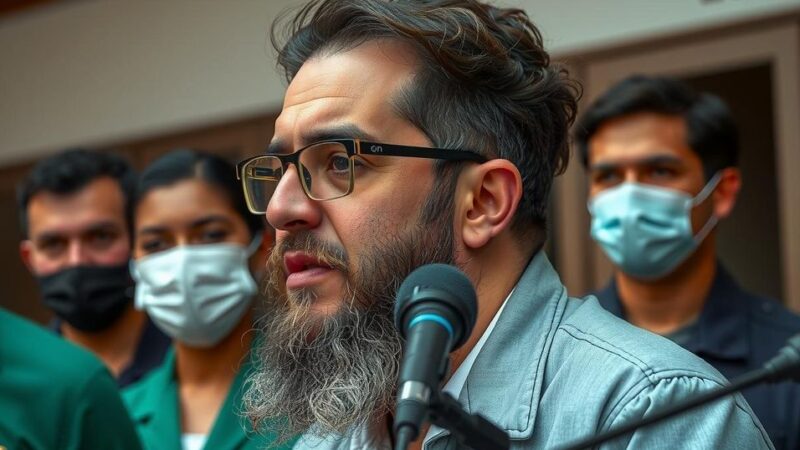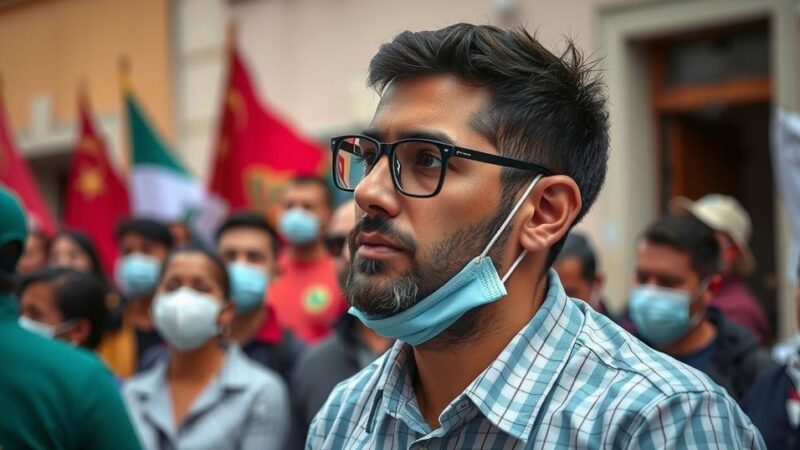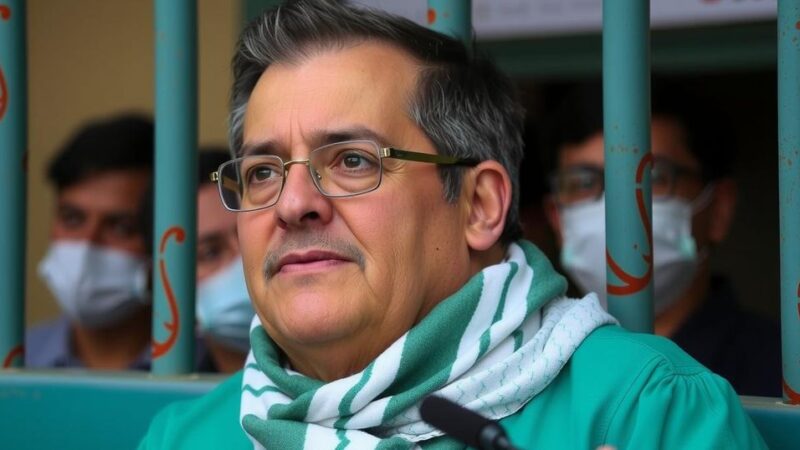On Sunday, Comoros conducted a parliamentary election, largely boycotted by opposition parties citing authoritarianism under President Azali Assoumani. The election aims to fill 33 legislative seats, with low turnout expected due to voter disillusionment. Assoumani has faced allegations of non-competitive elections and political repression, resulting in public unrest and opposition boycotts following previous disputed polls. Despite severe weather, voting continued as scheduled.
On Sunday, the Comoros islands conducted a parliamentary election, although some opposition factions chose to boycott the event. They alleged that President Azali Assoumani, along with his ruling party, displayed increasingly authoritarian tendencies and raised concerns regarding the electoral integrity. The election was crucial in determining the allocation of the 33 legislative seats, with results anticipated the following week from the national electoral commission. Despite an electorate of approximately 330,000 registered voters out of a total population of 850,000, opposition parties predicted a low voter turnout due to widespread disenchantment with the democratic framework.
Previously, Assoumani’s party claimed victory in 20 out of 24 contested parliamentary seats during the last election in 2020, which opposition groups condemned as a “masquerade” and characterized it as neither free nor fair. Following Assoumani’s re-election to the presidency last year amidst allegations of electoral fraud, protests erupted across the streets. The boycott was led by the Juwa Party, associated with former President Ahmed Abdallah Sambi, mirroring their earlier boycott of the 2020 parliamentary elections.
Comoros, an island nation situated in the Indian Ocean near Madagascar, has a tumultuous political history marked by numerous military coups since gaining independence from France in 1975. Once a military officer, Assoumani has held the presidency since winning elections in 2016, following a previous tenure from 1999 to 2006. After constitutional amendments in 2018, he evaded term limits that previously mandated a rotation of the presidency among the islands. Observations from the Africa Center for Strategic Studies indicated that Assoumani’s administration has been associated with increasing political repression and the conduct of non-competitive elections. Officials confirmed that voting proceeded despite adverse weather conditions posed by Tropical Cyclone Dikeledi.
The parliamentary elections in Comoros reflect ongoing tensions within the nation’s political landscape, where opposition parties challenge the legitimacy of electoral processes. Under President Azali Assoumani’s prolonged leadership, allegations of authoritarian practices have escalated, with significant opposition groups expressing their dissent through election boycotts. The historical backdrop reveals a series of coups and instability that have shaped the country’s governance since its independence from France, further complicating the current political environment. The institutional framework has been subjected to adjustments that permit Assoumani to consolidate his grasp on power, thereby intensifying concerns over political freedoms and electoral integrity.
The parliamentary election in Comoros signifies a critical juncture in its political evolution, marked by the notable absence of opposition participation. Allegations regarding the integrity of the electoral process continue to undermine public confidence in the democratic system, while historical patterns of political turbulence and military influence exacerbate current divides. As the results loom, the implications of this election on governance and future stability remain to be seen, tethered to the broader context of Assoumani’s presidency and the island nation’s pursuit of democratic legitimacy.
Original Source: apnews.com

